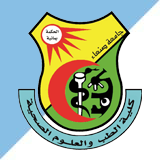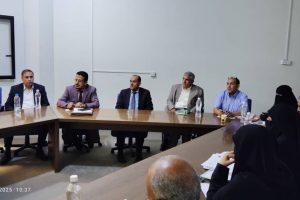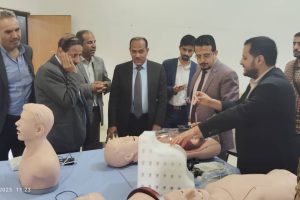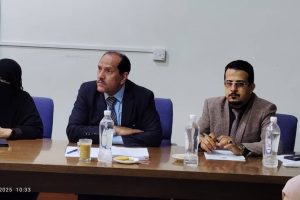“Dean of the Faculty of Medicine, University of Sana’a, Meets with Cohort 35 Students to Discuss Preparations for the Internship Phase”
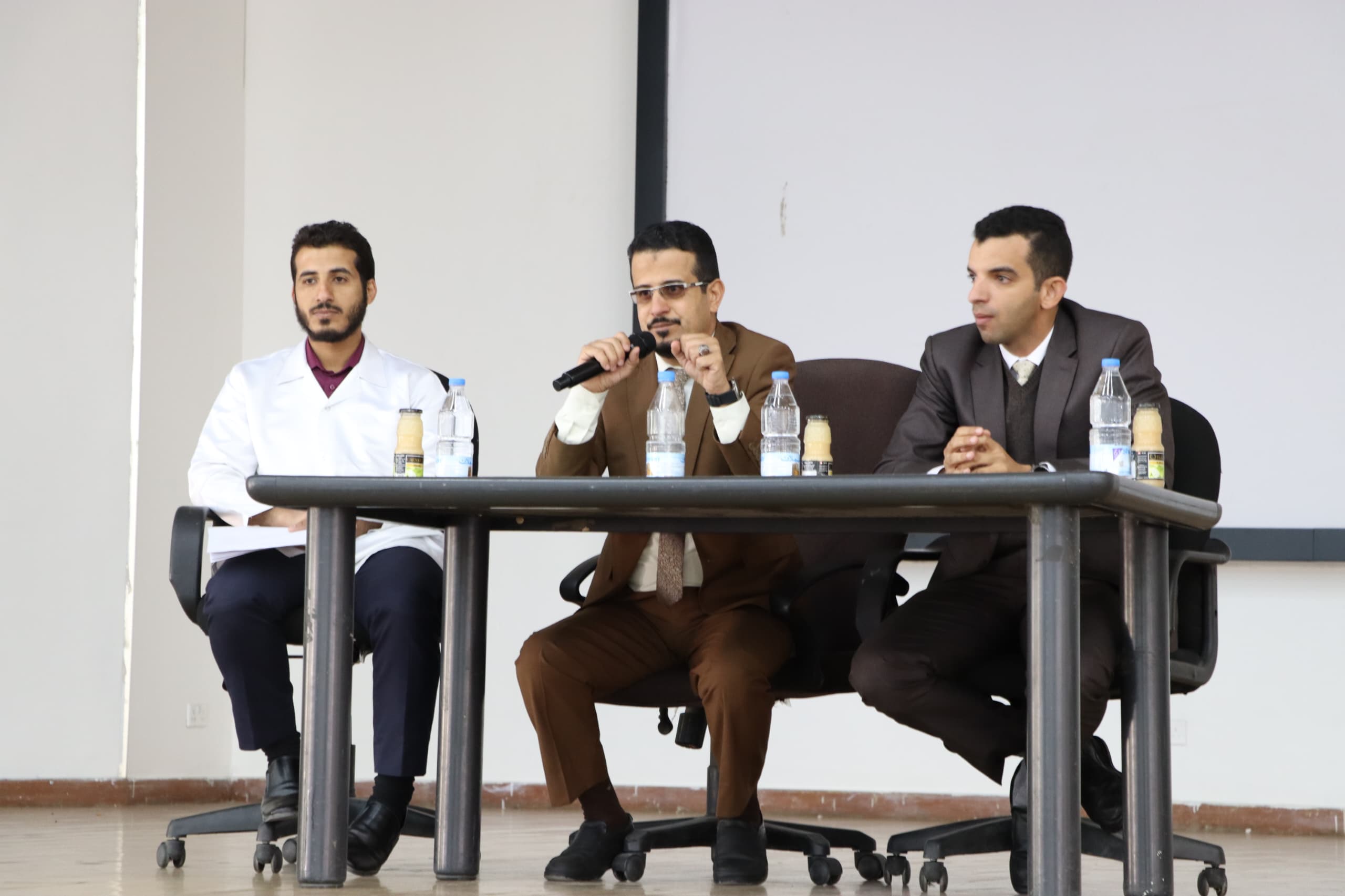
Within the framework of efforts by the Faculty of Medicine and Health Sciences at Sana’a University to enhance student competencies and address the challenges they face, the Dean of the Faculty, Prof. Dr. Mohammed Al-Shahari, held a meeting with the students of Batch 35 of the Medical Program, who are preparing to enter their internship phase. This meeting underscores the critical importance of this vital stage in medical education and the need for adequate preparation.
The meeting was held in Sheikh Jaber Hall at the Faculty of Medicine, in the presence of the General Coordinator, Dr. Mohammed Bazdan, and the Internship Phase Coordinator, Dr. Abdulrahman Al-Rafeeq. Prof. Al-Shahari opened the meeting with a welcoming speech, expressing his pleasure in meeting the students and commending their enthusiasm and readiness to transition to a new phase in their studies.
Dr. Al-Shahari emphasized the importance of student commitment during the internship phase, highlighting that it is one of the most significant stages in medical education. He pointed out that this phase provides students with the opportunity to apply their academic knowledge in a practical setting and engage directly with patients, thereby enhancing their professional skills.
He also stressed the necessity of regular attendance and discouraged negligence or apathy during the training period. Prof. Al-Shahari explained that consistent attendance and dedication play a pivotal role in student success and significantly contribute to acquiring the knowledge and experience required in their field. He further underscored the importance of adhering to the student training skills logbook, which is designed in accordance with international standards and enables students to acquire the clinical skills essential for this phase.
In conclusion, Dr. Al-Shahari urged students to approach this phase with seriousness and to interact positively with any challenges they might face. He emphasized the importance of asking questions without hesitation and building professional relationships with doctors and department heads in hospitals, as this significantly enhances their expertise and helps achieve their professional goals.
This meeting represents a positive step that reflects the faculty’s commitment to developing and advancing medical education, as well as providing the necessary support to its students to become qualified doctors capable of meeting the demands of the job market.







